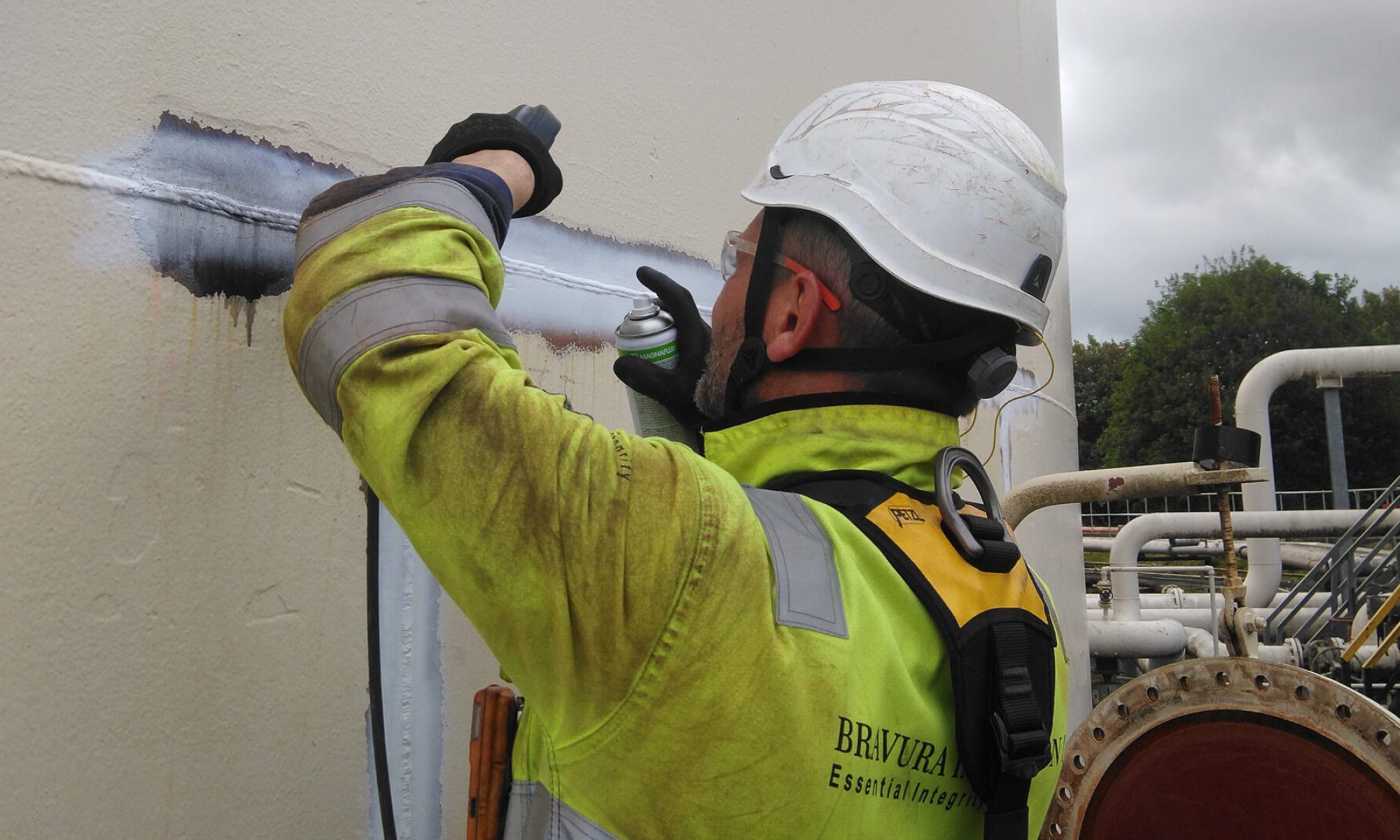Magnetic Particle Inspection (MPI) is one of the most widely used non-destructive testing (NDT) methods for detecting surface and near-surface defects in ferromagnetic materials. This technique is critical for industries where safety and reliability are paramount, such as aerospace, construction, and manufacturing. In this comprehensive guide, we’ll explore what MPI is, how it works, its benefits, applications, and why Bravura Inspection is your trusted partner for MPI services.
What is Magnetic Particle Inspection?
Magnetic Particle Inspection (MPI) is a non-destructive testing method that uses magnetic fields and fine magnetic particles to identify flaws in ferromagnetic materials like iron, nickel, and cobalt. The process is ideal for detecting surface and slightly subsurface discontinuities, including cracks, pores, and inclusions, which could compromise the material’s integrity.
MPI is especially effective for identifying elongated defects like weld cracks or fatigue cracks, making it a preferred choice in critical applications.
How Does Magnetic Particle Inspection Work?
The MPI process involves the following steps:
1. Magnetising the Component
The test component is magnetised using either a permanent magnet or an electromagnet. This creates a magnetic field within the material.
2. Inducing Flux Leakage
When a defect is present, it disrupts the magnetic field, causing magnetic flux leakage at the flaw site. This flux leakage creates an external magnetic field detectable by the MPI process.
3. Applying Magnetic Particles
Magnetic particles, either in a dry powder form or suspended in a liquid solution, are applied to the surface of the component. These particles are drawn to areas of flux leakage, clustering around defects and making them visible.
4. Inspection and Evaluation
The component is inspected under normal or UV light to identify and evaluate defect indications. UV light is particularly effective when fluorescent particles are used, as it enhances visibility.
Benefits of Magnetic Particle Inspection
1. Highly Sensitive
MPI is highly sensitive to surface and near-surface flaws, ensuring even small defects are detected.
2. Cost-Effective
Compared to other NDT methods, MPI is a relatively low-cost option while still delivering accurate and reliable results.
3. Versatility
This method can be used on a wide range of ferromagnetic materials and components, from welds and castings to large structural assemblies.
4. On-Site and In-House Capability
MPI can be performed both on-site and in a laboratory setting, offering flexibility for various testing needs.
5. Fast and Efficient
The process is quick, allowing for the inspection of large areas or multiple components in a short time.
Applications of Magnetic Particle Inspection
1. Weld Inspections
MPI is commonly used to inspect welded components for surface cracks and other defects that could weaken the structure.
2. Castings and Forgings
This method ensures castings and forgings are free from surface flaws that could compromise their performance.
3. Large Structural Components
MPI is ideal for inspecting large in-service components, such as cranes, bridges, and heavy machinery.
4. Pressure Vessels and Pipelines
This technique is used to detect defects in pipelines, storage tanks, and pressure vessels, ensuring safety and compliance.
Methods of Magnetic Particle Inspection
1. Dry Method
Dry powder is applied to the surface, making it easy to detect defects in rough or uneven surfaces. It is often used for on-site inspections.
2. Wet Method
Magnetic particles are suspended in a liquid, providing better coverage and sensitivity for smoother surfaces. This method is commonly used in laboratories.
3. Visible vs Fluorescent Inspection
Visible inspections use particles that can be seen under regular lighting, while fluorescent particles require UV light, offering enhanced sensitivity and visibility in darkroom conditions.
Why Choose Bravura Inspection for MPI?
At Bravura Inspection, we combine expertise, advanced equipment, and a commitment to quality to deliver industry-leading Magnetic Particle Inspection services. Here’s why you should choose us:
- PCN Level 2 Certified Technicians: Our highly skilled technicians are PCN Level 2 certified, ensuring your inspections are carried out to the highest standards.
- State-of-the-Art Equipment: We use advanced MPI equipment to deliver precise and reliable results for all types of ferromagnetic components.
- Tailored Solutions: Whether you need on-site inspections or laboratory testing, we provide flexible solutions to meet your specific requirements.
- Comprehensive Reporting: Our detailed inspection reports include visual documentation and actionable insights, helping you make informed decisions about your assets.
Ensuring Compliance and Safety
Regular Magnetic Particle Inspection is crucial for maintaining compliance with industry standards and ensuring the safety of your operations. By detecting defects early, MPI helps prevent costly failures and downtime, giving you peace of mind that your assets are in optimal condition.
Contact Bravura Inspection Today
Trust Bravura Inspection to deliver precision, reliability, and unparalleled expertise for expert Magnetic Particle Inspection services. Contact us today to discuss your requirements and schedule an inspection. Call us on 01745 294367 or email [email protected] to get started.

